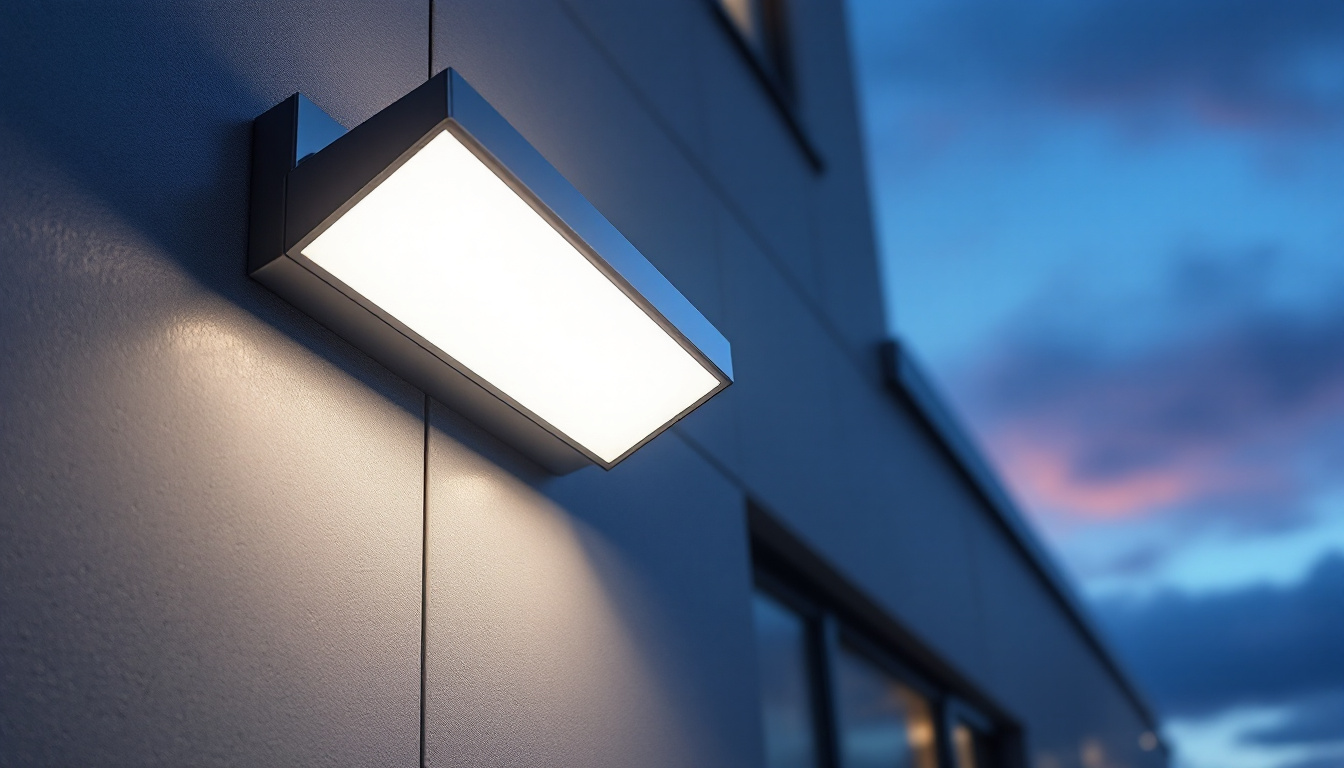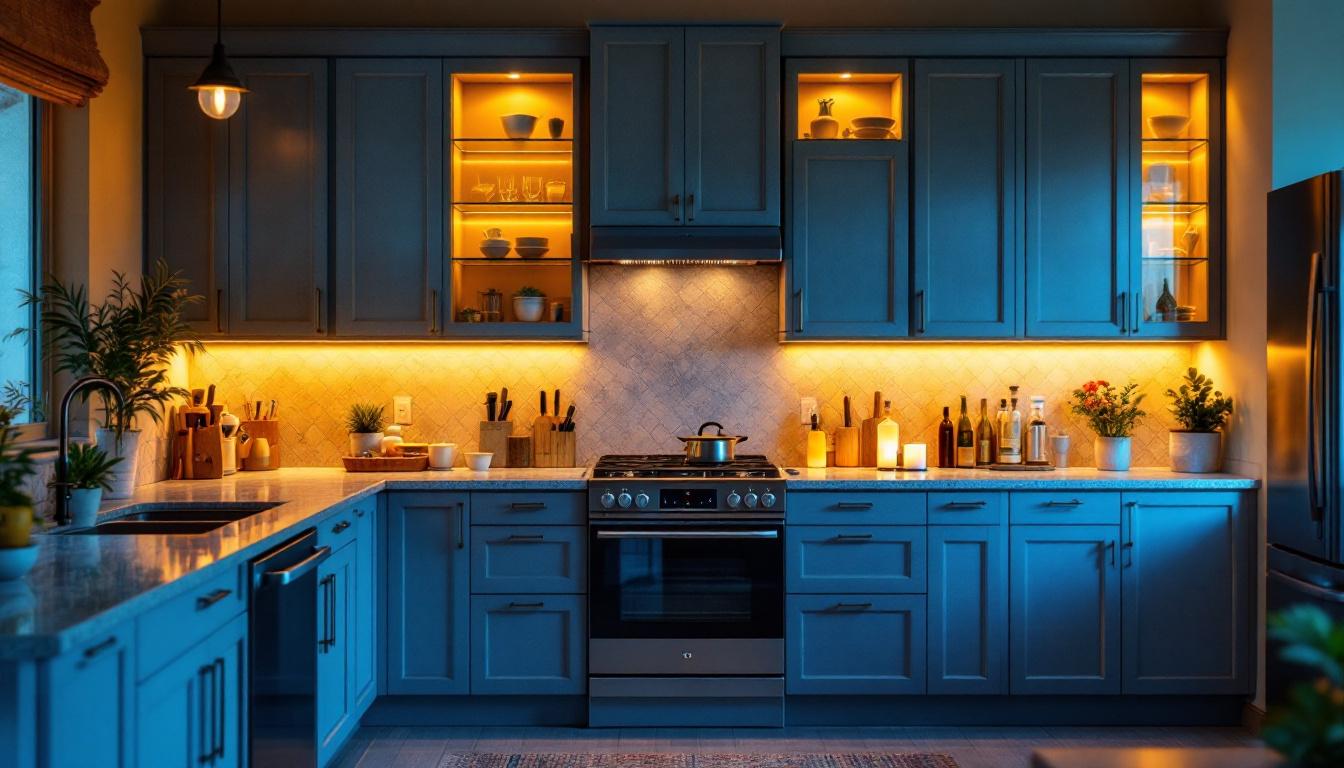
In the ever-evolving world of lighting design and installation, contractors face a multitude of challenges and opportunities. The right tools, knowledge, and resources can make all the difference in delivering high-quality lighting solutions. This article explores the essentials that lighting contractors need to succeed, focusing on the concept of Light Bay and its significance in the industry.
Light Bay refers to a specialized area or space designed for the effective management and organization of lighting equipment and fixtures. It serves as a hub for contractors to store, showcase, and test various lighting products. Understanding the concept of Light Bay is crucial for contractors aiming to enhance their workflow and improve client satisfaction.
A dedicated Light Bay allows contractors to streamline their operations. By having a specific area for lighting products, contractors can easily access tools and fixtures, reducing time spent searching for equipment. This organization not only boosts efficiency but also minimizes the risk of damage to sensitive lighting components.
Moreover, a well-organized Light Bay can serve as a demonstration space for clients. When clients can see and experience different lighting options firsthand, it enhances their understanding and appreciation for the products being offered. This can lead to more informed purchasing decisions and ultimately, higher sales for contractors. Additionally, having a dedicated space allows contractors to experiment with various lighting configurations, enabling them to provide tailored solutions that meet the unique needs of each project.
To maximize the utility of a Light Bay, certain features are essential. First and foremost, proper lighting is crucial. The space should be well-lit to allow contractors to evaluate the performance of lighting fixtures accurately. Additionally, adjustable lighting can help showcase how different products perform under various conditions.
Another important feature is modular storage solutions. Shelving units, bins, and racks should be easily adjustable to accommodate different types of fixtures and tools. This flexibility allows contractors to adapt the space as their inventory changes, ensuring that the Light Bay remains functional and organized. Furthermore, incorporating technology such as inventory management systems can enhance the efficiency of the Light Bay. By utilizing software to track stock levels and product specifications, contractors can ensure they always have the right equipment on hand, reducing delays and improving project timelines.
Another aspect to consider is the integration of a testing area within the Light Bay. This dedicated section can be equipped with various power sources and mounting options, allowing contractors to test fixtures in real-time. By simulating different environments, they can better understand how each product will perform in actual installations. This hands-on experience not only aids in product selection but also builds confidence in the contractors’ recommendations to clients, further solidifying their expertise in the field.
Having the right tools is paramount for lighting contractors. The tools not only facilitate installation but also ensure that the work is done safely and efficiently. Below are some essential tools that every lighting contractor should have in their arsenal.
Accurate measurements are critical in lighting installation. Tools such as laser distance meters and measuring tapes allow contractors to determine the right placement for fixtures. Additionally, light meters are essential for assessing the intensity and quality of light in a given space, enabling contractors to make informed decisions about the types of fixtures to install.
Testing equipment, such as circuit testers and multimeters, are also vital. These tools help contractors ensure that electrical systems are functioning correctly and safely before installation. By investing in high-quality measuring and testing equipment, contractors can avoid costly mistakes and ensure client satisfaction. Moreover, having a reliable voltage tester can help identify live wires, which is crucial for maintaining safety on the job site. Understanding the readings from these devices allows contractors to troubleshoot potential issues before they escalate, ultimately leading to a smoother installation process.
Installation tools are the backbone of any lighting contractor’s toolkit. Essential items include drills, screwdrivers, and pliers. Cordless drills, in particular, offer flexibility and ease of use, allowing contractors to work in tight spaces without the hassle of cords.
In addition to basic tools, specialized equipment like wire strippers and crimping tools can streamline the installation process. These tools help ensure secure connections and reduce the risk of electrical failures. By equipping themselves with the right installation tools, contractors can enhance their efficiency and the quality of their work. Furthermore, having a variety of drill bits on hand can be incredibly beneficial for tackling different materials, from wood to metal, ensuring that every fixture is installed securely and correctly. Additionally, tool organizers or belts can help contractors keep their tools easily accessible, minimizing downtime and maximizing productivity on the job site.
The lighting industry is constantly evolving, with new technologies and design trends emerging regularly. For lighting contractors, staying updated with these trends is essential for maintaining a competitive edge. Here are some ways to keep abreast of the latest developments.
Participating in workshops, seminars, and online courses can significantly enhance a contractor’s knowledge and skills. Many organizations offer training specifically tailored to lighting design and installation. These educational opportunities not only provide valuable insights but also allow contractors to network with industry professionals.
Additionally, certifications in specialized areas, such as energy-efficient lighting or smart home technologies, can set contractors apart from their competitors. Clients are more likely to trust contractors who demonstrate expertise through recognized credentials. Furthermore, hands-on training sessions can be particularly beneficial, as they allow contractors to work with the latest tools and technologies, ensuring they are well-prepared to implement innovative solutions in their projects.
Subscribing to industry publications, blogs, and newsletters can provide contractors with the latest news, trends, and product reviews. These resources often feature case studies and expert opinions that can inspire new ideas and approaches.
Moreover, online forums and social media groups dedicated to lighting professionals can serve as valuable platforms for sharing experiences and discussing challenges. Engaging with peers in the industry can lead to new insights and foster a sense of community among contractors. In addition to these platforms, attending trade shows and expos can be an invaluable experience. These events not only showcase the latest products and technologies but also offer workshops and panel discussions led by industry leaders, providing contractors with firsthand knowledge of emerging trends and best practices.
Furthermore, many manufacturers and suppliers offer webinars and virtual demonstrations that can be accessed from anywhere, making it easier than ever for contractors to stay informed about new products and installation techniques. By taking advantage of these resources, contractors can ensure they remain at the forefront of the industry, ready to meet the evolving needs of their clients.
Effective communication is a cornerstone of successful project management in the lighting industry. Building strong relationships with clients not only fosters trust but also encourages repeat business and referrals. Here are some strategies for enhancing client communication.
From the outset of a project, it is crucial to establish clear expectations with clients. This includes discussing timelines, budgets, and the scope of work. By being transparent about what clients can expect, contractors can minimize misunderstandings and ensure a smoother project flow.
Regular updates throughout the project are also essential. Keeping clients informed about progress, potential delays, and any changes to the original plan helps maintain trust and confidence in the contractor’s abilities.
Clients often rely on contractors for their expertise. Providing informed recommendations based on a client’s needs and preferences can enhance the overall experience. Taking the time to understand a client’s vision and offering tailored solutions can set a contractor apart from the competition.
Additionally, educating clients about the benefits of different lighting options, energy efficiency, and maintenance can empower them to make informed decisions. This not only builds trust but also positions the contractor as a knowledgeable resource in the field.
Technology plays a pivotal role in modern lighting design and installation. Embracing new technologies can enhance efficiency, improve design capabilities, and offer clients innovative solutions. Here are some technological trends that lighting contractors should consider.
Smart lighting systems are becoming increasingly popular among homeowners and businesses. These systems allow users to control their lighting remotely, adjust brightness, and even change colors through mobile devices or voice commands. Contractors who are knowledgeable about smart lighting solutions can offer clients cutting-edge options that enhance convenience and energy efficiency.
Integrating smart technology into lighting design also opens up opportunities for energy savings. Many smart systems come with features that optimize energy usage, which can be a significant selling point for environmentally conscious clients.
Advanced design software can greatly enhance a contractor’s ability to create detailed lighting plans. Programs that allow for 3D modeling and simulation can help visualize how different fixtures will look in a space before installation begins. This not only aids in the design process but also allows clients to see potential outcomes, making it easier for them to make decisions.
Furthermore, using software for project management can streamline communication and organization. Tools that track timelines, budgets, and tasks can help contractors stay on top of their projects and ensure that everything runs smoothly.
In the competitive world of lighting contracting, staying organized, informed, and technologically adept is crucial for success. By understanding the importance of a dedicated Light Bay, equipping themselves with essential tools, and embracing industry trends, contractors can elevate their services and enhance client satisfaction.
Moreover, effective communication and relationship-building strategies can lead to long-term success in the industry. As lighting technology continues to evolve, staying updated and adapting to new innovations will ensure that contractors remain at the forefront of the field.
Ultimately, the combination of these essentials will empower lighting contractors to deliver exceptional results, foster strong client relationships, and thrive in an ever-changing market.
Ready to take your lighting projects to the next level? At LumenWholesale, we provide lighting contractors like you with the highest quality, spec-grade lighting products at prices that can’t be beaten. Say goodbye to local distributor markups and hello to our direct-to-contractor wholesale approach. Our extensive selection is designed to meet rigorous industry standards, ensuring that every installation shines with reliability and performance. Plus, with free shipping on bulk orders, you can stock your Light Bay with premium lighting solutions without worrying about hidden fees or compromises. Elevate your service offerings and delight your clients by choosing Wholesale Lighting at the Best Value with LumenWholesale.

Discover essential tips and insights for lighting contractors to navigate the latest trends while avoiding common pitfalls.

Discover the best LED bulbs for outdoor lighting and learn about top challenges faced by lighting contractors.

Explore the transformative journey of LED wall packs in the lighting industry, highlighting their energy efficiency, durability, and innovative design.

Discover what sets top lighting contractors apart in under the counter LED lighting.